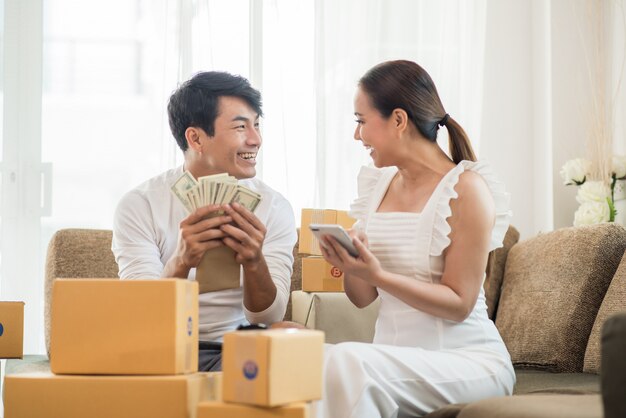
Last year, I visited a friend in the US who had just bought a house for his family. “Congratulations on the new house!” I said. He pointed to a small closet and joked, “That closet is ours, the rest belongs to the bank.” Like many families these days, they would spend the next 25 years paying off their mortgage.
At that time, I owned two rental properties but was constantly traveling, essentially living out of two motorcycle panniers for six months. I started feeling a strong desire to settle down, ideally in a home that was fully paid for.
Is it really that difficult to buy a house outright? Well, yes, it is. Property prices have soared. Two generations ago, it wasn’t uncommon to buy a house with cash after five years of saving. Mortgages back then were paid off in ten to twelve years. Nowadays, it takes 25 to 30 years to afford a standard house on a regular salary.
To buy a house with cash, I had to make some sacrifices. I chose to move to a country with a lower cost of living. In France, I could afford a house, but it would have been a run-down place in the middle of nowhere, requiring five years of repairs. In Guatemala, although dealing with a constant stream of workers around my house is frustrating, the repairs should only take about three months, and I don’t have to do any of the work myself.
Buying a house with cash isn’t always the best financial decision. My mortgage in the UK has a low-interest rate of 2.29%. In Guatemala, mortgage rates are around 8 or 9%, even for loans in US dollars. With a 2.29% rate, I’m not in a rush to pay off my mortgage. I explained in another post that my average weighted interest rate is low, and I’d rather invest my cash than live debt-free with no funds left to invest. Eventually, I aim to be debt-free and have extra cash to invest, but for now, the passive income from my investments is essential.
I decided to invest my available cash instead of using it to pay off my mortgage. I own cattle, a coconut farm, and a 90-acre piece of land for development, and I’m considering other unique investments. These investments already generate income or are expected to soon, which surpasses my monthly mortgage payments. If I paid off my 2.29% mortgage, I would need to borrow money again to invest, and that would likely come with a higher interest rate of around 7%.
If you have debt other than your mortgage, it might not be wise to pay off your mortgage first. Mortgage rates are usually the lowest, and if they aren’t, you should explore refinancing options. You could even borrow more against your mortgage to pay off higher-interest debts, but not for unnecessary purchases.
The feeling of owning a house outright is incredible. I could have continued borrowing when I bought my little house in Guatemala, but as a self-employed, semi-retired foreigner, it was nearly impossible to get a loan approval. It took me four trips to the bank just to open a basic savings account. Getting a mortgage would have been a nightmare.
Deep down, I wanted to own the roof over my head. This is the first time in my life that I live in a fully paid-for house. Although I bought my first property at 23, it was for rental income, and I continued renting elsewhere for myself. In the UK, I lived in my own property but most of it belonged to the bank.
As I renovate this house and add an extra bedroom, it feels great knowing it’s entirely mine. I don’t have to worry about rent or mortgage payments anymore. I can expand the house at my own pace and plan to add a few more rooms to run a small guest house. This peace of mind has a cost since I could have invested the money elsewhere, but it’s a luxury I chose to afford, and it’s worth every penny.
Do you live in a fully paid-for house? Is this a goal for you, or would you rather use your money for other investments?
